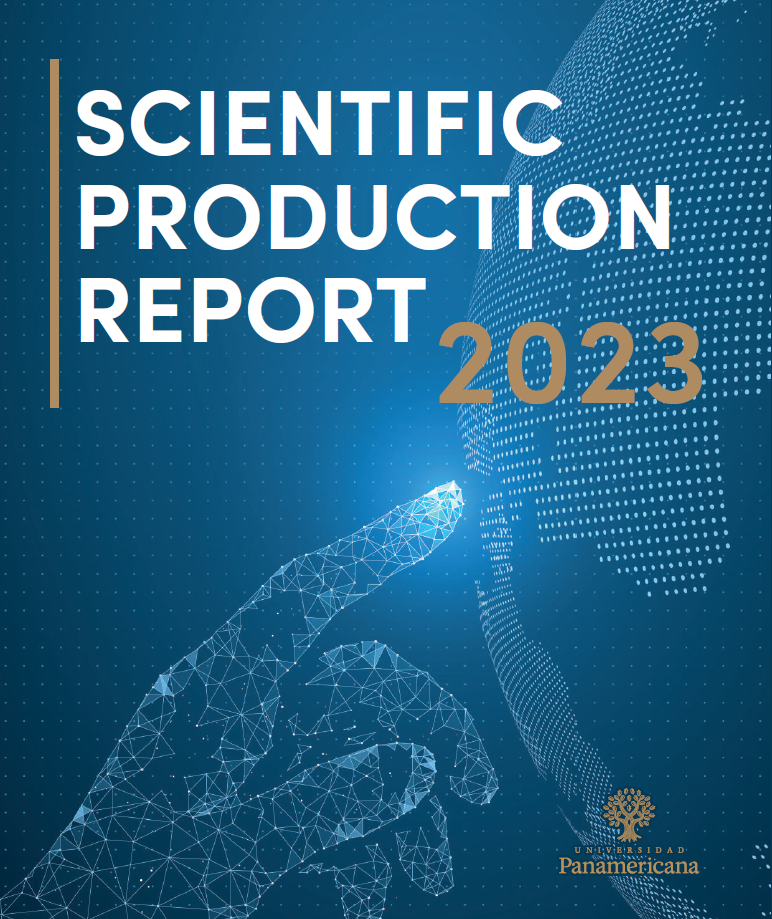

Visibility
Visibility
Agenda of Strategic Research Areas

You can consult our agenda of strategic areas 2022 where we highlight the update of the research areas as well as the creation of the institution's Strategic Foci.
Visit
Scientific Production Report 2023

We are pleased to inform you that the new version of the Scientific Production Report 2023 is now available, now in English version, which includes the publications 2023 that our professors have published in different journals indexed in Scopus or Web of Science.
Visit
Signature standardization (Pen name)

The standardized pen name refers to the manner in which it is recommended that the professor sign his or her research papers on a permanent basis.
The central idea is to sign his or her name in a standardized way, especially if the last name is very popular, in order to reduce as much as possible the difference in signatures of the same researcher in different publications. It is recommended to use a first name and the first surname.
Visit
Institutional Affiliation

Institutional affiliation is also an Institutional Policy (UP-POL INV-01) necessary to increase the visibility of the university's scientific production and ensures that it is univocally registered in the most prestigious reference bases such as Scopus and Web of Science.
The following link helps you to create your institutional signature automatically.
Visit
ORCID

Open Researcher and Contributor ID is a tool to standardize the signature of researchers; it allows you to register your data, your papers and claim authorship of them, provides a unique 16-digit identifier for each author based on the ISO 27729:2012 standard and correctly assigns publications to each author, even if you have signed in different ways.
The identifier can be linked to Scopus ID, Researcher ID and LinkedIn; it is accepted by Nature, Elsevier, Springer, Wiley, among others.
Visit
Scopus Author ID

It is a unique identifier for authors with the objective of unifying the different ways in which publications are signed.
Visit
Google Scholar

Google Scholar is a search engine, based on the powerful Google search engine, focused on finding academic and scientific documents, such as: articles, theses, books, patents, conference papers and abstracts, which come from Open Access publications, institutional repositories, publishers, universities and institutions, as well as from the authors' own pages.
Visit
Mendeley

Mendeley, bibliographic reference manager and academic social network. It combines a desktop version and a web version that are synchronized, making it easy to consult from any computer.
Visit
Researcher ID

Thomson Reuters scientific author identification system, to avoid confusion of authors with the same or similar names or initials. In conjunction with the DOI, it helps to fully identify the author of a publication.
Visit
